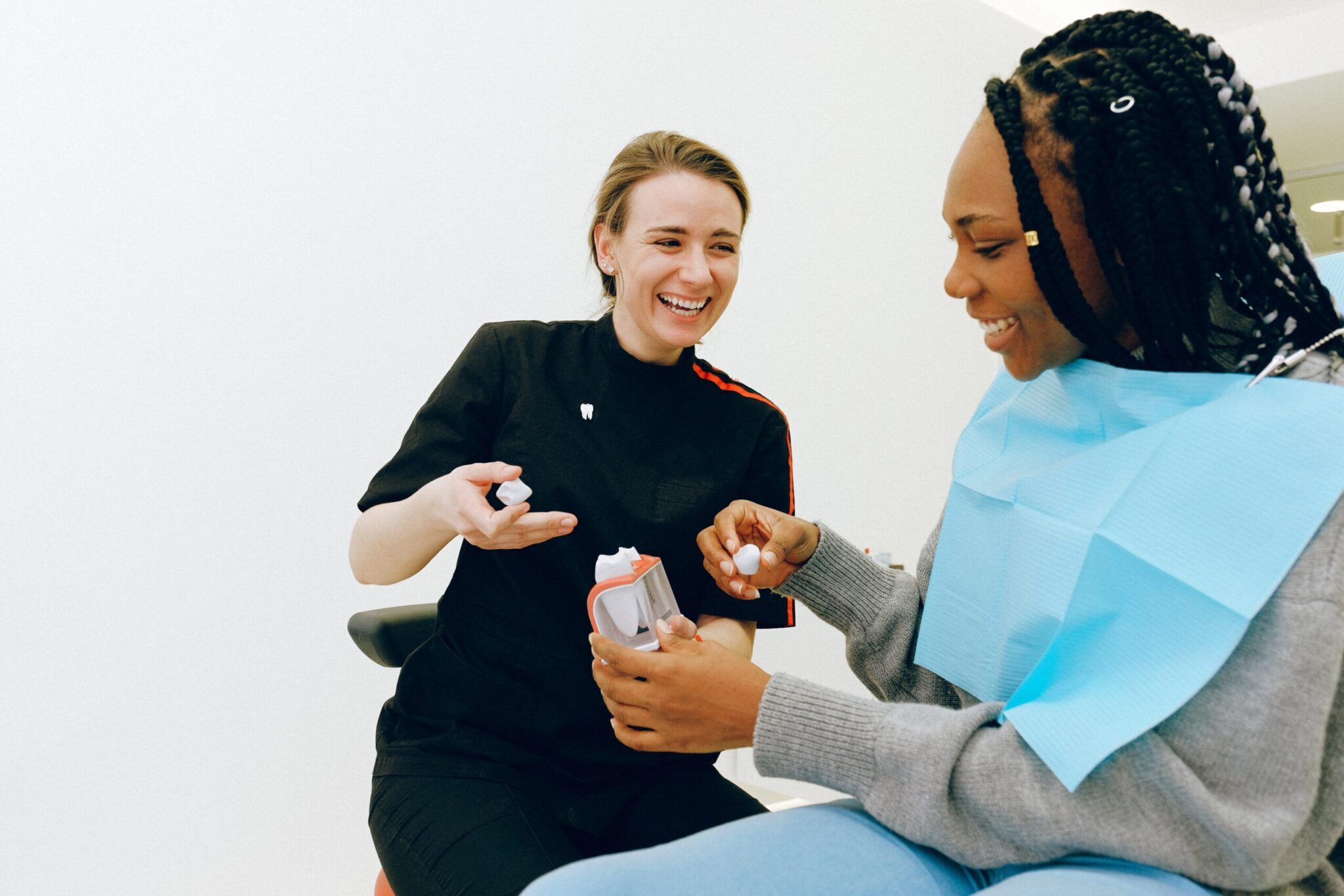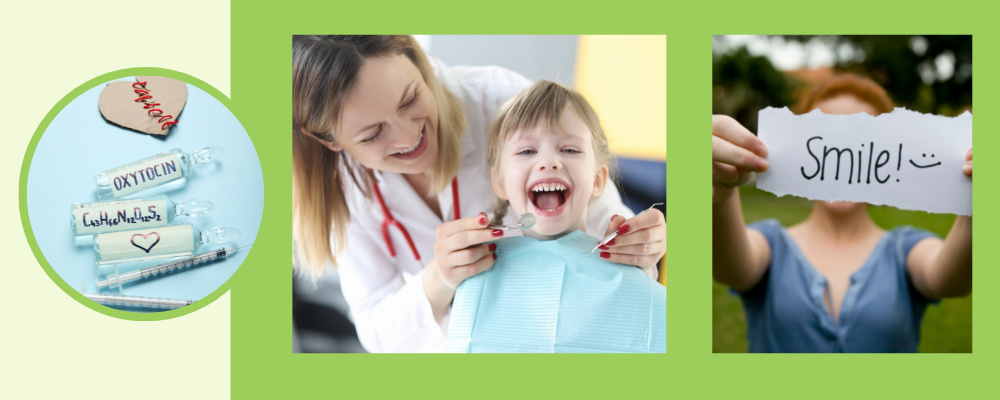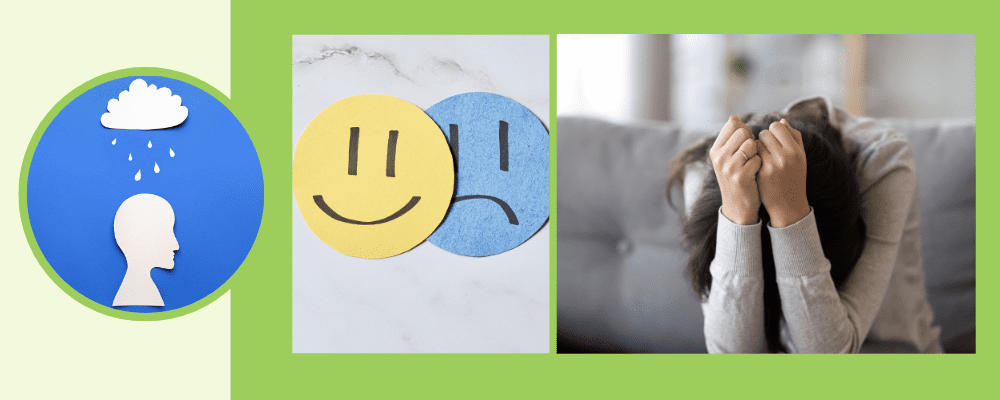Here’s Why Your Smile Is So important.
A famous yellow bear (via A.A. Milne) once said “always wear a smile, because your smile is a reason for many others to smile.” And boy do we all need more smiles right now! Taking care of yours is the gateway to good health along with making other people smile, according to Pooh.
So, we thought we’d take a look at the science behind smiling, its effect on you and other people.

Everyday experience suggests that smiling is one of the most common nonverbal signals used in communication among humans’ (Kraut and Johnston, 1979). In addition, ‘some researchers have shown that research participants trust smiling faces more than non-smiling faces’ (Ozono, et al., 2010). Working in the service industry, and especially healthcare, requires interactions from a position of trust. As a dental nurse, how you convey that trust nonverbally is just as important as the conversations you might have with your patients.
So, what determines a patient’s perception of an honest smile compared to a dishonest one? Studies have shown that an ‘honest smile is symmetrical but a dishonest smile is asymmetrical’ (Gazzinga and Smylie, 1990) cited in (Ozono, et al., 2010) and ‘honest smiles involve the contraction of the orbicularis oculi muscles around the eyes’ (Ekman, Freisen, & Davidson, 1990) cited in (Ozono, et al., 2010).
Smiling with your eyes as well as with your mouth gives off good signals it seems. Who knew that our brains would register so much in the split second it takes for someone to smile at us? Allowing us to ascertain whether that smile is genuine or not.


If you’ve ever been in a yoga class or listening to meditation and the teacher has told you to curl the corners of your mouth up into a smile you’ll know what an instant effect it has – go on, try it right now; turn that frown upside down and curl your lips into a smile. Feels good, right? The act of smiling alone triggers feel-good messaging in your brain that tricks it into thinking it’s having a good time even if you’re not.
According to Psychology Today, ‘the feel-good neurotransmitters – dopamine, endorphins and serotonin – are all released when a smile flashes across your face’ (Stevenson, 2012). A recent article in ScienceDaily looked at research from the University of South Australia which ‘confirms that the act of smiling can trick your mind into being more positive, simply by moving your facial muscles.’ So, next time you’re in need of a feel-good boost, crack out a smile – everyone will wonder what you’re so happy about!
So back to Pooh and his theory of you being the reason for others to smile, well it turns out Pooh was right. ‘When we observe a facial expression of emotion, we often mimic it. This automatic mimicry reflects underlying sensorimotor stimulation that supports accurate emotion recognition.’ (Wood et al, 2016).
The long and the short of it is, that when you smile you stimulate the emotional feelings of happiness in yourself which can then translate to the person in front of you, who often mimic your expression. So, keep looking after your teeth in order to pass on those smiles and feel-good vibes to those around you.

References
Ekman, P., Freisen, W.V., and Davidson, R.J. (1990) ‘The Duchenne smile – emotional expression and brain psychology’, Journal of Personality and Social Psychology, 58, 342-353.
Gazzaniga, M.S., and Smylie, C.S. (1990) ‘Hemispheric mechanisms controlling voluntary and spontaneous smiling’, Journal of Cognitive Neuroscience, 2, 239-245.
Kraut, R.E., and Johnston, R.E. (1979) ‘Social and Emotional Messages of Smiling: An Ethological Approach’, Journal of Personality and Social Psychology, 37, 9, 1539–1553.
Ozono H., et al. (2010) ‘What’s in a Smile? Cultural Differences in the Effects of Smiling on Judgments of Trustworthiness’, Letters on Evolutionary Behavioural Science, 1, 15–18.
Stevenson, S. (2012) ‘There’s Magic In Your Smile: how smiling affects the brain’, in Psychology Today [Online] Available at https://www.psychologytoday.com/gb/blog/cutting-edge-leadership/201206/there-s-magic-in-your-smile (Accessed 21 January 2021)
University of South Australia. (2020) ‘When you’re smiling, the whole world really does smile with you’, in ScienceDaily [Online] Available at www.sciencedaily.com/releases/2020/08/200813123608.htm (Accessed 21 January 2021)
Wood, A., et al. (2016) ‘Fashioning the Face: Sensorimotor Simulation Contributes to Facial Expression Recognition’, Trends in Cognitive Sciences, DOI: 10.1016/j.tics.2015.12.010
Click here to find out more about training as a dental nurse with SmileWisdom.
If you are looking for a job as a dental nurse we have the largest job board when it comes to dental nursing with 100’s of jobs from Bupa Dental Care and Portman Dental Care, plus we work with a growing number of independent practices. Have a browse and see what your future could look like.








Leave A Comment
You must be logged in to post a comment.